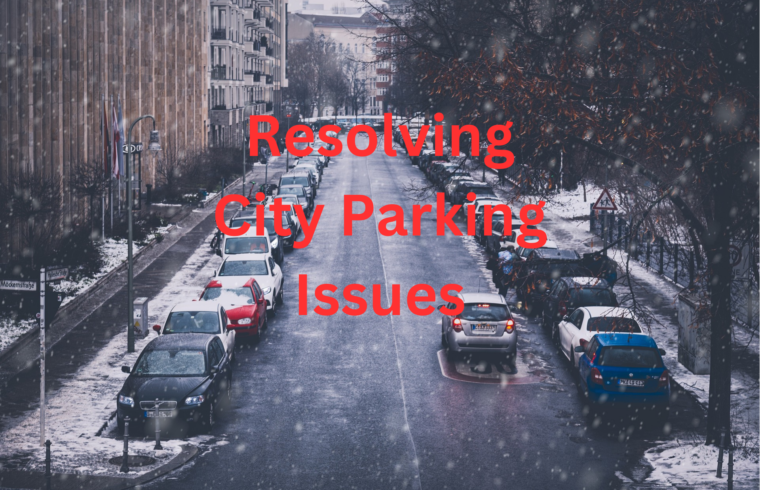Resolving City Parking Issues
Parking challenges in urban areas have become a significant source of frustration and contribute to traffic congestion. Limited parking spots, unauthorized parking, and ineffective management systems exacerbate the issues. However, by employing new approaches and leveraging technology, these challenges can be resolved, leading to a more efficient and accessible parking environment. In this post, we will explore various ideas and tactics that can help mitigate parking problems in cities and pave the way for a better future.
Embracing Intelligent Parking Solutions
Intelligent parking solutions offer a revolutionary approach to parking management. By adopting advanced technologies and innovative strategies, cities can optimize parking spaces, improve traffic flow, and enhance the overall parking experience. Intelligent parking systems utilize sensors, data analytics, and real-time information to guide drivers to available parking spots, reducing search time and congestion. These solutions also enable convenient payment methods and provide parking operators with valuable insights for efficient resource allocation and planning.
Promoting Sustainable Transportation Options
Promoting sustainable transportation options is crucial for creating greener and more livable cities. By encouraging alternatives such as cycling, walking, and public transit, cities can reduce congestion, lower emissions, and improve air quality. Initiatives like bike-sharing programs, pedestrian-friendly infrastructure, and improved public transportation services can incentivize residents and visitors to choose sustainable modes of transportation. This shift reduces reliance on private vehicles, alleviates parking demand, and fosters a more environmentally friendly urban landscape.
Creating Intermodal Transportation Hubs
Establishing intermodal transportation hubs plays a vital role in enhancing connectivity and convenience in urban areas. These hubs integrate various modes of transportation, such as buses, trains, and bicycles, into centralized locations. By providing seamless transfers between different modes, commuters can save time and effort while navigating the city. Intermodal hubs also enable efficient trip planning and encourage a multimodal approach to transportation, reducing the need for private vehicles and associated parking demands.
Improving Vertical Parking Facilities
Optimizing vertical parking facilities is a key focus in addressing urban parking challenges. By leveraging innovative technologies and design concepts, cities can increase parking capacity and efficiency, effectively utilizing limited space. Vertical parking structures, such as automated parking systems and mechanical car stackers, provide compact and automated parking solutions. These improvements enhance parking availability, reduce congestion, and streamline the parking experience for urban residents and visitors.
Applying Variable Pricing Models
Variable pricing models are gaining traction as an effective strategy to optimize parking utilization. By dynamically adjusting prices based on demand and availability, cities can efficiently manage parking spaces and influence user behavior. Pricing adjustments can be based on factors like time of day, location, and demand levels. Variable pricing incentivizes drivers to consider alternative transportation options, redistribute parking demand, and reduce congestion in high-demand areas. This approach fosters a more efficient and equitable parking system that aligns with the evolving needs of urban areas.
By implementing these strategies and embracing innovative solutions, cities can overcome urban parking challenges and create a more seamless and sustainable parking experience for all stakeholders.



